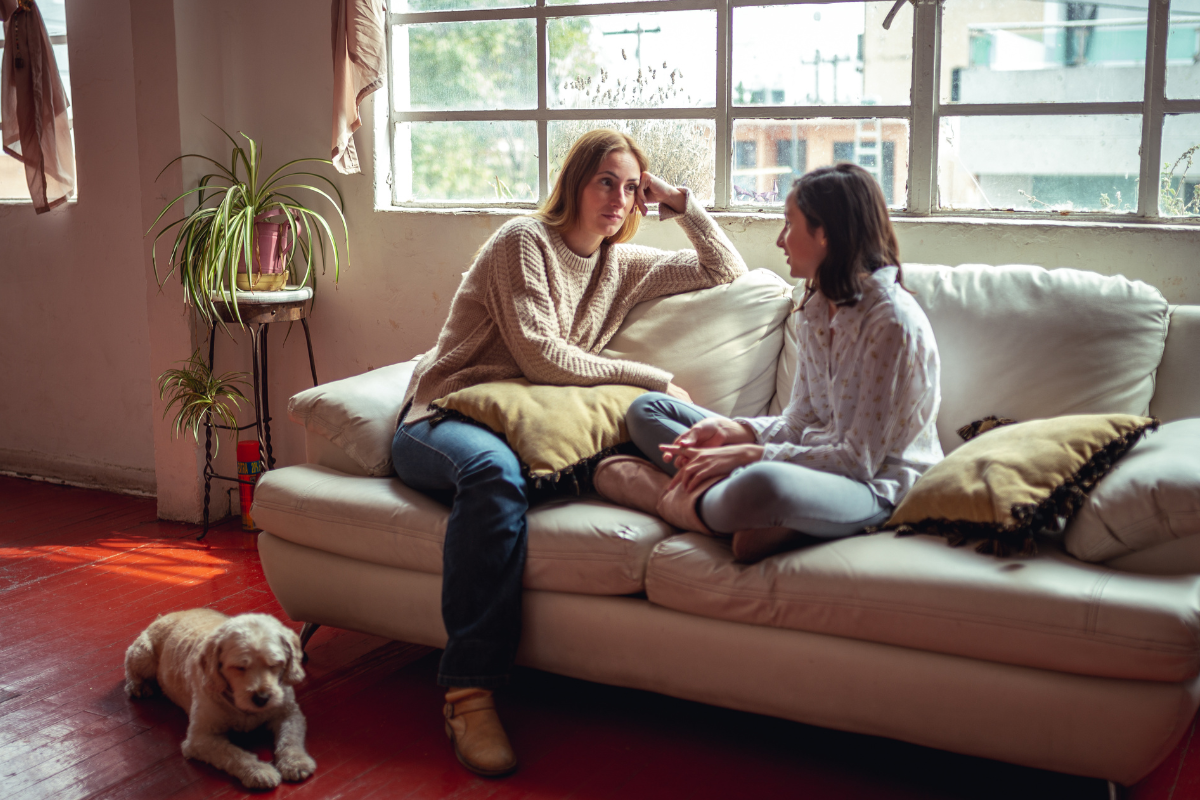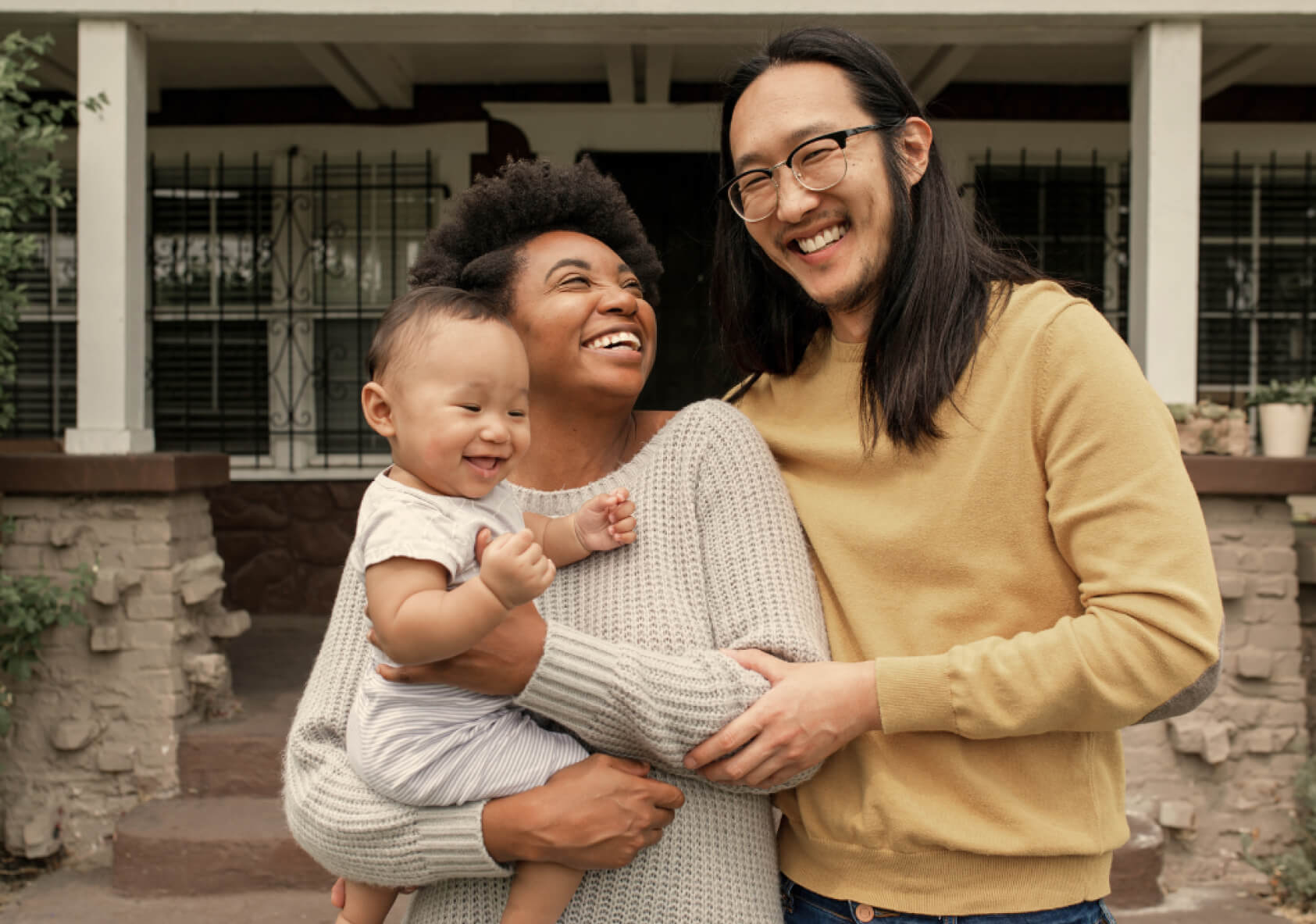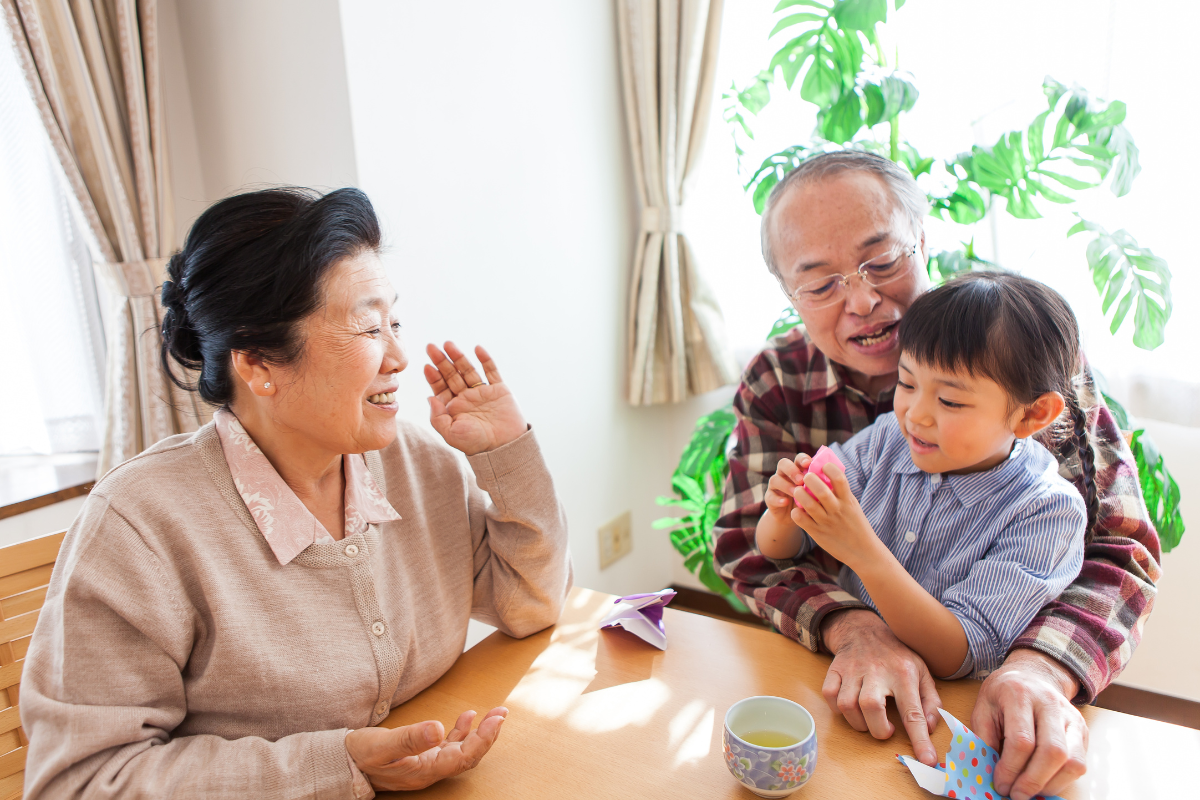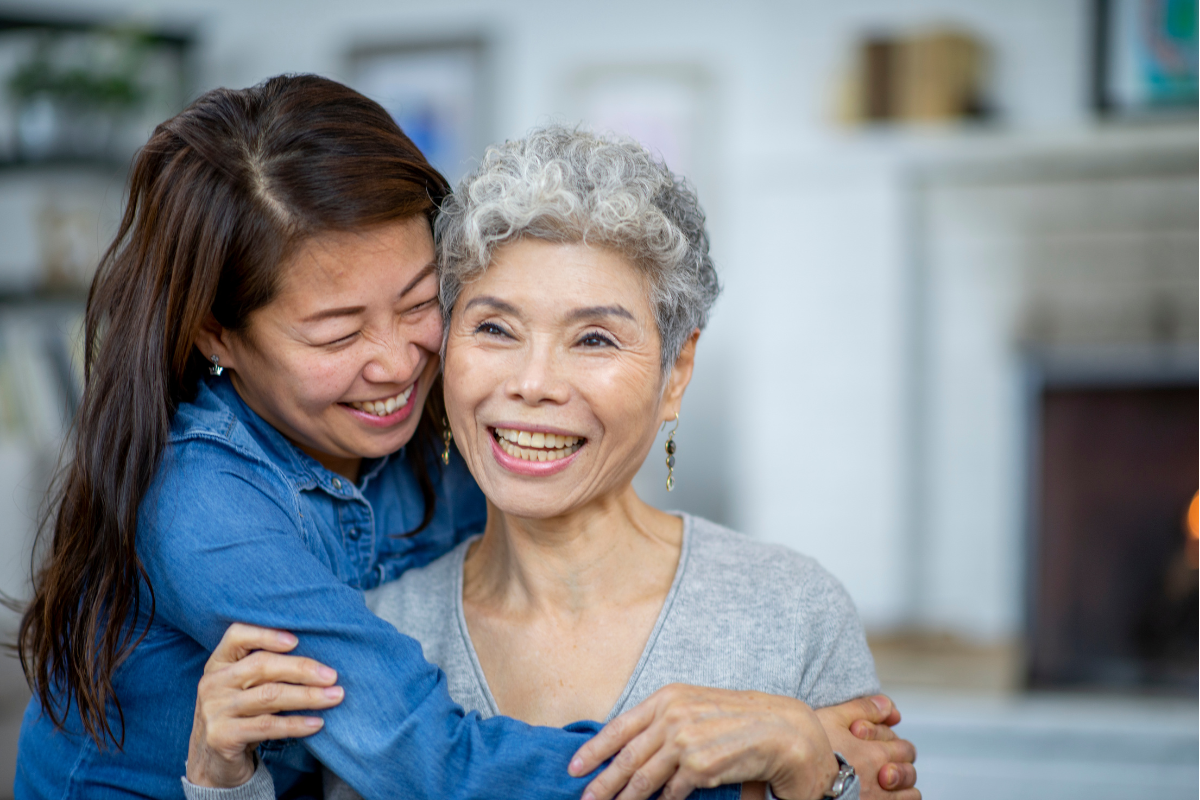
Our Blog
Explore relationships, parenting, separation and more on the RAQ blog.
Featured
How to Talk to Kids About Separation
Children
13 March 2024

-

What is compassion fatigue?
Compassion and empathy are important for connecting and building relationships. While these are admirable qualities, expressing them too often or too much can take a toll on your own wellbeing. ...
-

Consequences of Ignoring Your Mental Health
-

Signs of Emotional Abuse in Elderly People
Family separation can be a very stressful time for everyone involved, whether that’s the parents, family, or children. And it’s made harder when there’s ongoing negative conflict, feeling of anger,...
-

How to Repair Your Relationship with Your Adult Child
Family separation can be a very stressful time for everyone involved, whether that’s the parents, family, or children. And it’s made harder when there’s ongoing negative conflict, feeling of anger,...
-

Separation, Conflict and Our Mental Health
Family separation can be a very stressful time for everyone involved, whether that’s the parents, family, or children. And it’s made harder when there’s ongoing negative conflict, feeling of anger,...
-

Separation, Conflict and Our Mental Health
Family separation can be a very stressful time for everyone involved, whether that’s the parents, family, or children. And it’s made harder when there’s ongoing negative conflict, feelings of anger,...
-

Signs of Emotional Abuse in Elderly People
Everyone, regardless of age, deserves to feel safe and respected in their relationships. Emotional abuse against elderly people is a type of elder abuse. Emotional abuse, also called psychological abuse,...
-

What is grandparent alienation?
Grandparent alienation is when grandparents are unreasonably denied the opportunity to see and communicate with their grandchildren. The relationship between a grandparent and a grandchild is irreplaceable – understandably, it...
-

How to Repair Your Relationship with Your Adult Child
Conflict with our children can happen at all ages and stages of life. When your children were kids, it was easier to resolve arguments – it’s likely that you lived...
-

5 Tips for FIFO Relationships
The FIFO lifestyle can be tough on even the strongest relationships. With long and/or frequent periods of separation, it’s common for partners to feel lonely and disconnected from time to...
